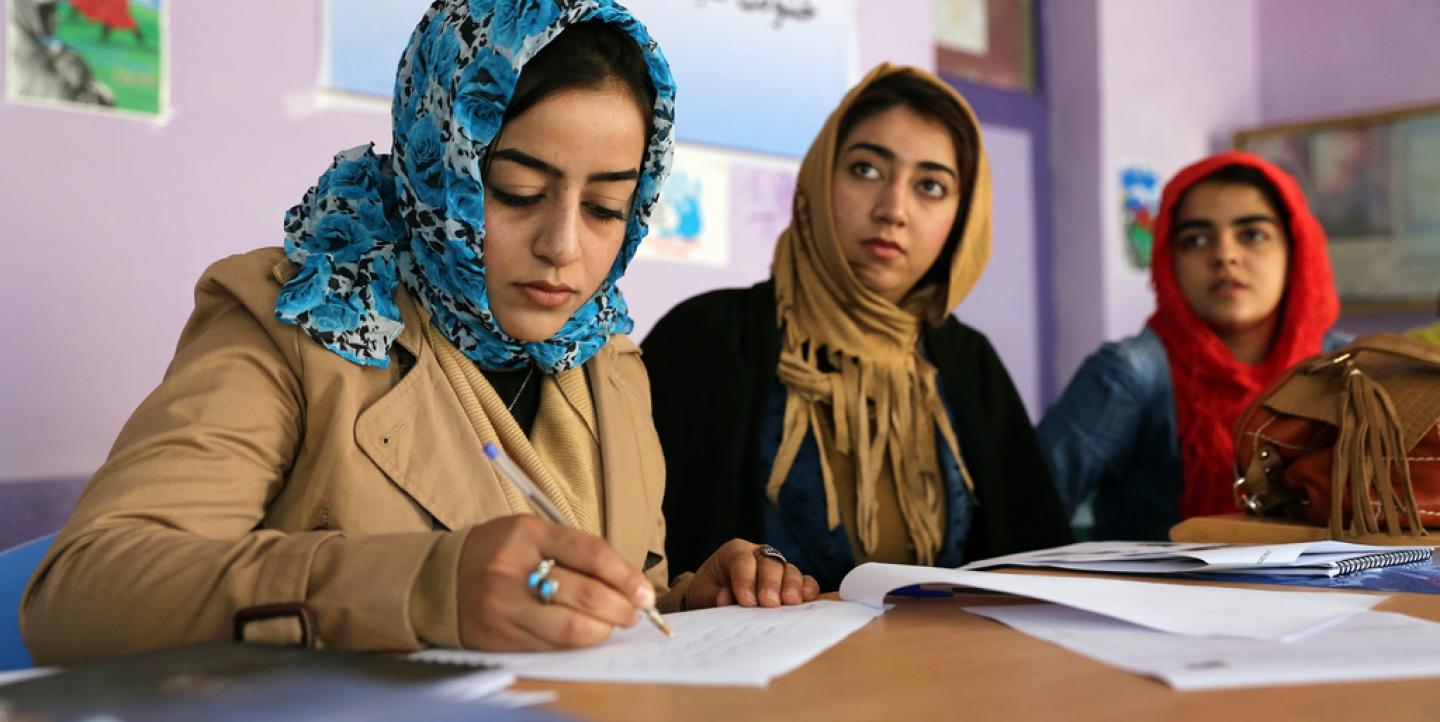In U.S. newsrooms, women of color (WOC) are often underrepresented. Although 40 percent of the country identifies as part of a minority group, minority women only comprise five percent of traditional print and online publications, according to a 2017 report in NPR.
Amy Gastelum, a radio journalism professor at Indiana University and co-producer of Mother: A Podcast, said she first noticed the media’s diversity issues when she began meeting with radio groups in New York. She saw how predominantly white they were and was bothered by the frequency of racially insensitive comments within these newsrooms.
Gastelum also noticed that many of her students of color weren’t interested in public radio. She wanted those students to find a healthy work environment. “I don’t want to send these young women out into a world that doesn’t want to appreciate them and might even stifle their careers,” said Gastelum.
Gastelum decided that a hashtag would bring this lack of diversity — and its impact on which stories are told — to a wider audience. She began to post the hashtag #PitchThisPerson on Twitter and emailed several radio listservs, encouraging them to do the same.
WOC have used the hashtag to shoutout editors they’ve worked with and to retweet calls for pitches. Gastelum appreciates the response so far, saying she hopes more freelancers continue to use it to connect with supportive editors.
Are you a WOC in #pubmedia? Tell us who you love working with #PitchThisPerson https://t.co/QEy2WRUVgM
— Amy Gastelum (@AmyJGastelum) December 11, 2017
“We need new people in our newsrooms who aren’t going to try to recreate the same old thing,” said Gastelum, suggesting that publications miss out on interesting perspectives when they don’t consider pitches from WOC.
Alicia Kennedy is a former editor at Edible Manhattan and Edible Brooklyn. She noticed that the sites did better when they covered food from immigrant and minority communities.
“Traffic grew when we published pieces that were written from within uptown communities by a woman (or man) of color who could speak fluently about a culture that most white writers are not going to get,” she said.
She thinks having more WOC as writers will help publications that are still racially homogenous produce higher-quality content. “When you know you can go to someone who has deep knowledge of a specific community, neighborhood, [or] cuisine, you can feel more confident in what you're publishing,” she said.
Kennedy also thinks that having a hashtag like #PitchThisPerson is important for WOC who are building a network, such as Sheila Raghavendran, a former student of Gastelum’s, and a junior at Indiana University.
Raghavendran said the hashtag draws her attention to others in media who are aware of the problem, which makes her feel better about being a WOC in the industry.
“I hope to see other people of color in the newsroom, in editor positions and in positions of prominence,” she said, “I want to be part of that and continue to create a dialogue about making change.”
Online networks like #PitchThisPerson have been a source of support for WOC freelancers such as Natalie Pattillo, a New York-based journalist who has bylines in Vice, The Nation and Edible Manhattan. Pattillo has relied on these networks to find publications that want to take on her women-centered stories.
How many of us know a #WOC who's unemployed? ____? Forward her resume. For us all. #womenintech #GirlBoss #womeninmanagement #advertising #PitchThisPerson #jobhunt #nyc #harlem
— Ceenie Martinez (@celinaMTL) December 7, 2017
Patillo encouraged writers to use social media networks such as #PitchThisPerson and to join groups specifically for WOC, such as Study Hall, a freelance collective. Doing so has helped her avoid editors that would try to change the meaning of her stories stop responding after agreeing to publish her work.
“A handful of people reached out, suggesting editors who would treat the story with care, she said.
“Hashtags like #PitchThisPerson can help POC freelancers circumvent editors or publications who are known to treat freelancers with little to no respect,” she said. “We are not disposable.”
Here are some tips for using #PitchThisPerson:
Whenever you have a good experience with an editor — such as being open to topics focusing on communities of color — use #PitchThisPerson so other freelancers can find them as well.
Retweet calls for pitches or submissions from publications and editors that are known for working with WOC.
Encourage writers to pitch topics pertaining to WOC and other underrepresented communities.
Use #PitchThisPerson to make connections through the hashtag in order to build up a community of journalists and editors who support WOC in media.
Main image CC-licensed by Flickr via ResoluteSupportMedia.

